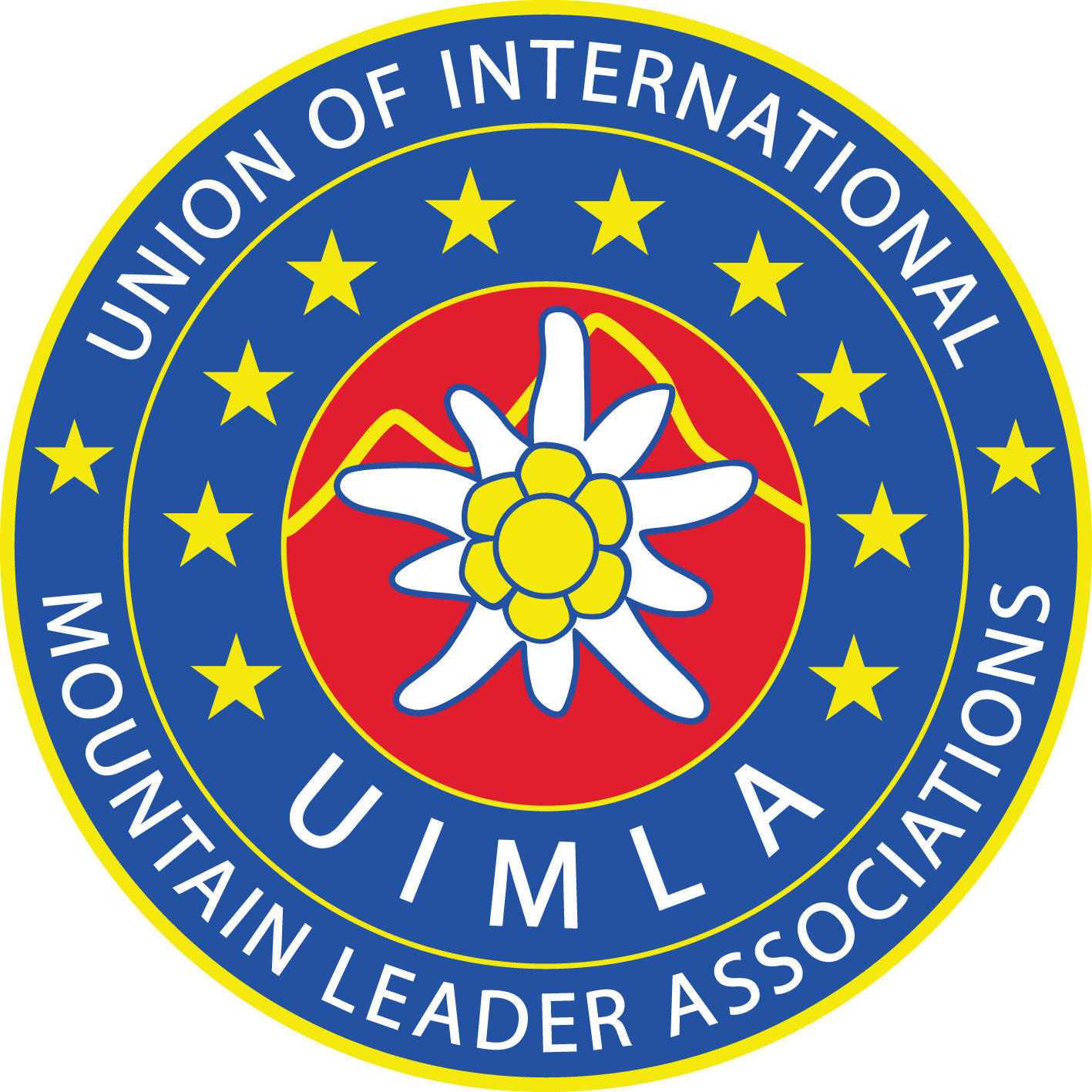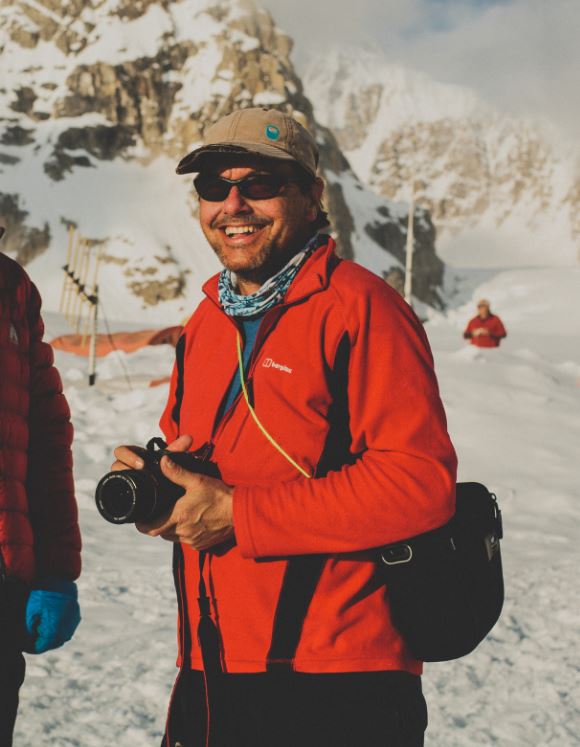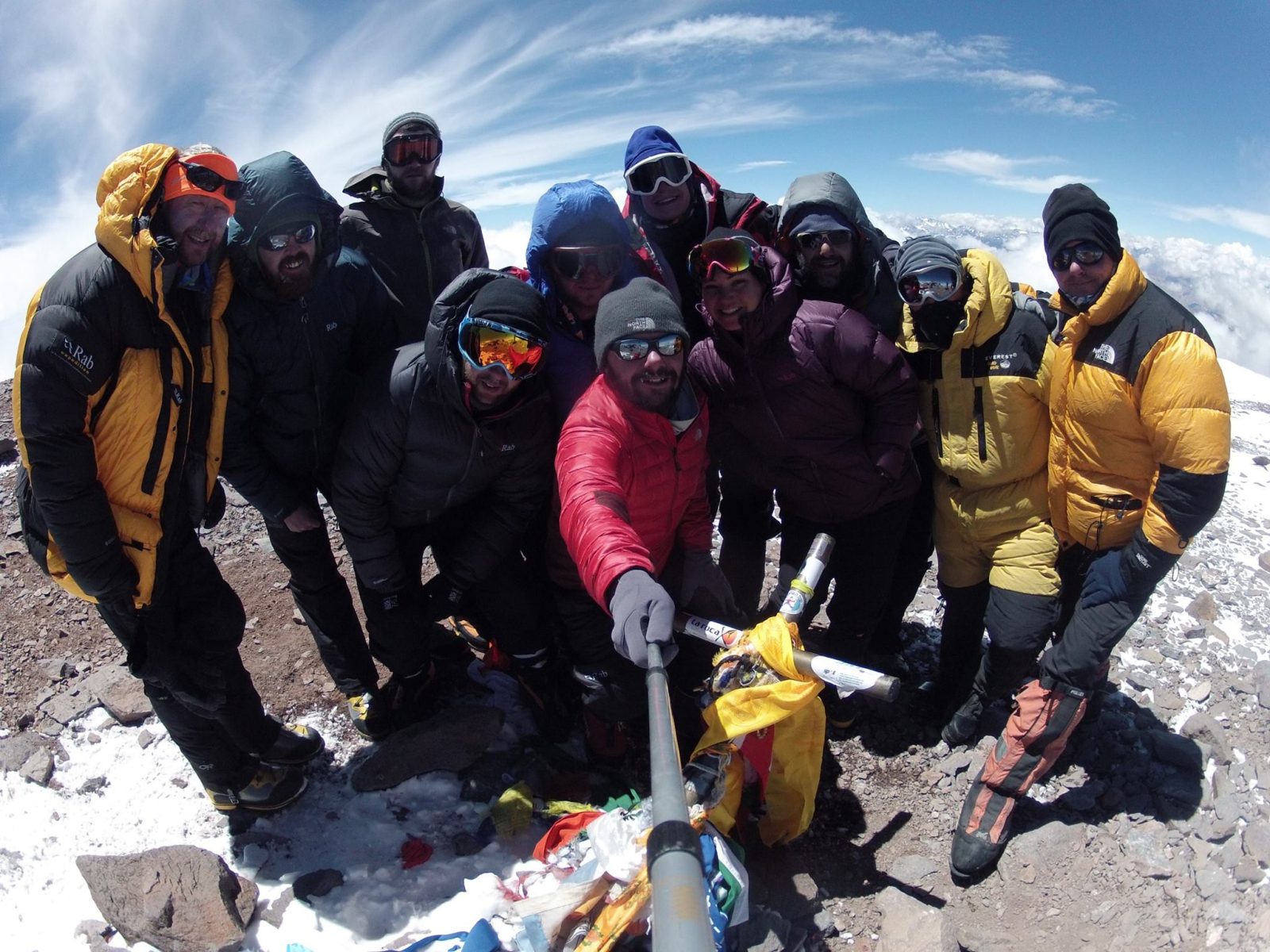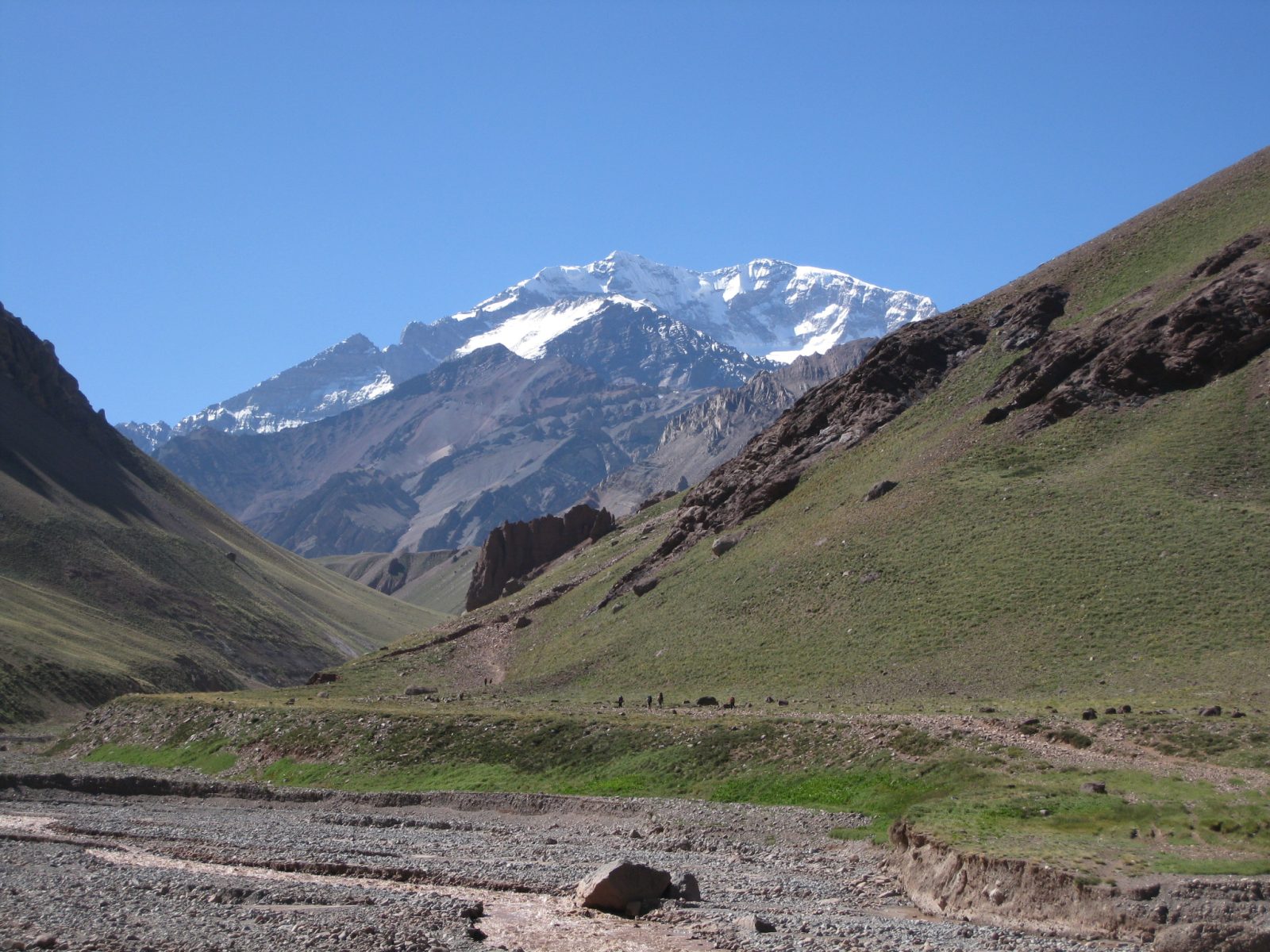
Mount Aconcagua, Ojos del Salado and Huayna Potosi
Aconcagua Climbing Trips, plus Ojos del Salado and Bolivian peaks in South America
The
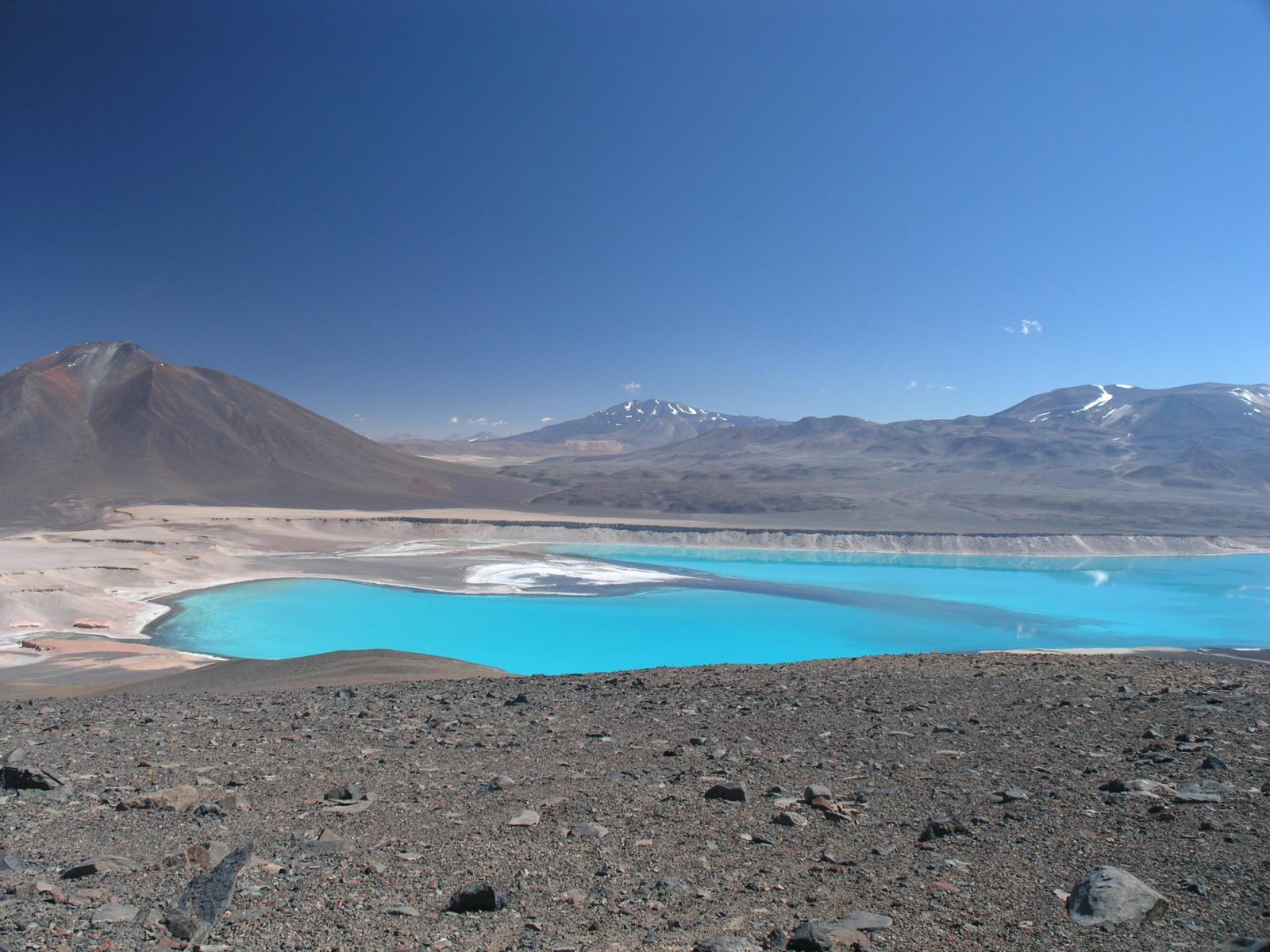
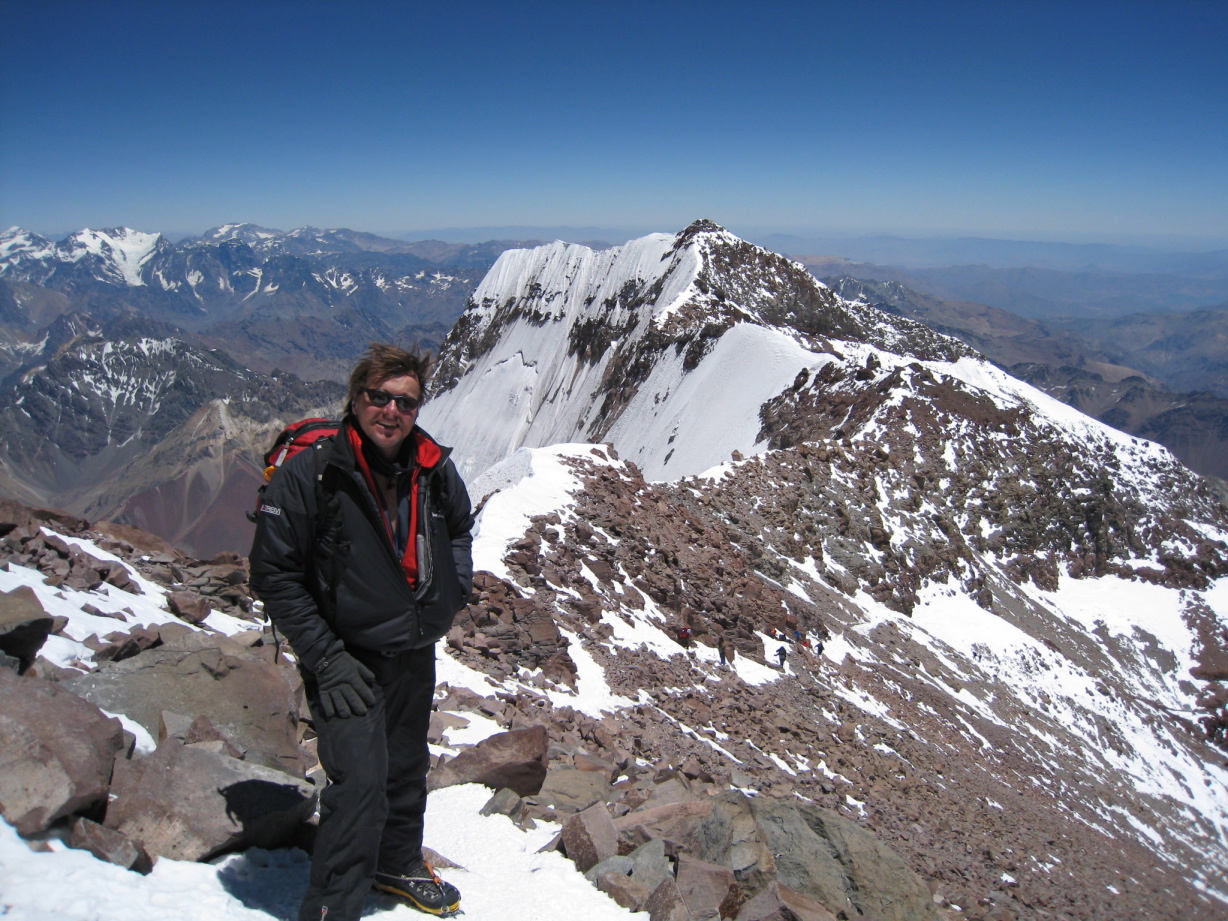

Speak to a Andes Mountains Expert
Gavin started Adventure Alternative in 1991 during a long period of travelling the world, working in a wide variety of jobs, climbing mountains and going on long expeditions. A six month solo trek across the Sahara Desert aged twenty one was the benchmark experience, after which travel and adventurous exploits became a way of life.
Born in the United Kingdom, Gavin went to high school in Western Australia and then moved to Northern Ireland to complete his BA in English Literature. He...
Information On Climbing Aconcagua
The Andes form the spine of the south American continent running 7000 kilometres with peaks in Ecuador, Chile, Colombia, Peru, Argentina, Bolivia & Venezuela; it is the longest mountain chain in the world.
The highest peak in South America and the highest mountain in the world outside the Himalayas is Mount Aconcagua in Argentina. The main season is from December to the end of February. The mountain has several glaciers, with the northern route providing the easiest way to the summit. Another option for climbing Aconcagua is via the Vacas Valley. This route traverses the Polish Glacier and joins the standard route just near the top.
The teams should be 10 – 12 people in order for a UK guide to work with the team, and sometimes we employ local Argentinian guides to assist and keep to the ratio of 1:8.
Members should show competency in camping and cooking at the high camps, and everyone carries their own gear and a proportion of group equipment during several carries. There are porters at base camp who can be hired, they charge per load and a different price depending on which camp they are going to.
There is a clear park policy of what do in the event of a rescue on Aconcagua, the rangers are well versed in how to assist with a descent and there is a helicopter on standby to take people back to the park gate (the cost of this is included in the park permit). However, there is a clear understanding that any team should be prepared to self-manage any emergency on the mountain rather than just rely on the ranger service.
The main issues are altitude and weather. It is important to allow for proper acclimatisation so the principle is to spend as many nights at base camp as possible before sleeping up high. The weather changes extremely fast, with weather systems coming off the Pacific that have dramatic implications in the mountains. Expect hot and dry and dusty in the lower valleys during the walk-in, potentially very windy or snowy or balmy days at base camp, and potentially very cold biting winds with heavy snow at the high camps. The trip is a lot about managing healthy, hygiene, hydration and strength to carry heavy bags up high, while avoiding altitude sickness.
For the well managed expedition, the higher reaches of the mountain offer amazing views and the last section to the summit is very dramatic. Summit success rates on Aconcagua are around 45%, the summit day being very long and quite gruelling, but the achievement of standing on the top is very well earned and special.
Information On Ojos Del Salado And The Atacama Desert
The highest volcano in the world, at 6983m Ojos del Salado is a giant in the arid Atacama Desert of northern Chile, commonly known as the driest place on earth. Indeed there is no drinking water to be found, it’s necessary to bring in your own supplies by vehicle on any expedition here. The mountain is so dry that it has not formed any permanent glaciers or snowfields, although there is some ice cover and fields of penitentes formed by the biting wind near the summit which is a series of volcanic domes and craters. Unusually there is a crater lake about 100m across within the crater rim, the highest lake in the world, although normally frozen over.
The name refers to a river Rio Salado but nowadays it is commonly referred to as Cerro Ojos del Salado (Cerro meaning mountain) or Nevado Ojos del Salado (meaning snowy). There is access from a highway which runs north-south, and the summit runs on the international boundary between Argentina and Chile’ thus the two peaks are known as the Chilean peak and the Argentinian peak.
Although dormant, Ojos del Salado has all the features of an active volcano and lies in a region dominated by volcanoes which resembles a moonscape. Steam and ash columns were seen in 1993 rising from the peak, and the nearby Laguna Verde has steaming hot thermal springs which travellers often visit. Most of the surroundings of the mountain is ice beneath sand, rippled hard by the wind, huge boulder fields, firn in the sheltered areas, and penitentes often on the flanks, and higher up basalt, pumice and scoria around the rim. The Atacama region has an extreme climate with strong winds, high elevation, dry climate and high insolation. In the lower regions there is quite diverse flora and fauna, including vicunas and guanacos, geese, ducks and flamingo, but almost nothing is growing or living above 4600m except some lichen and cold resistant bacteria.
Information On The Cordillera Real In Bolivia
Meanwhile the Cordillera Real in Bolivia are a great destination for the climber looking for other high peaks in the Andes, and this southern region of the Real near La Paz is a veritable playground for mountaineers and trekkers. It lies broadly speaking between the Altiplano plateau and the Amazon rainforest, the climate is generally stable and very pleasant and you can combine your trip with a visit to well known locations such as Lake Tititcaca. Because La Paz is such a high airport to fly into, it’s a very good idea in fact to spend several days to a week sightseeing and acclimatising before heading the mountains.
Pequeno Alpamayo and Huayna Potosi are two of the popular peaks in this range, the standard routes are not highly technical but they are mountains of real character and quality. The season is from May to September when there is typically stable snow and minimal precipitation.
Climbing Expeditions At Altitude
What these peaks lack in technical climbing knowledge, they make up for in elevation. You must be physically fit to embark on a climb in the Andes. This means that you should be able to carry heavy loads, endure rapidly changing weather, and be mentally and physically prepared. A good kit is essential. Preferably one you have extensive experience using. The key to a good kit starts with ensuring you have comfortable footwear. Be sure to spend many miles in your footwear, both mountaineering and trekking, prior to trekking in the Andes.
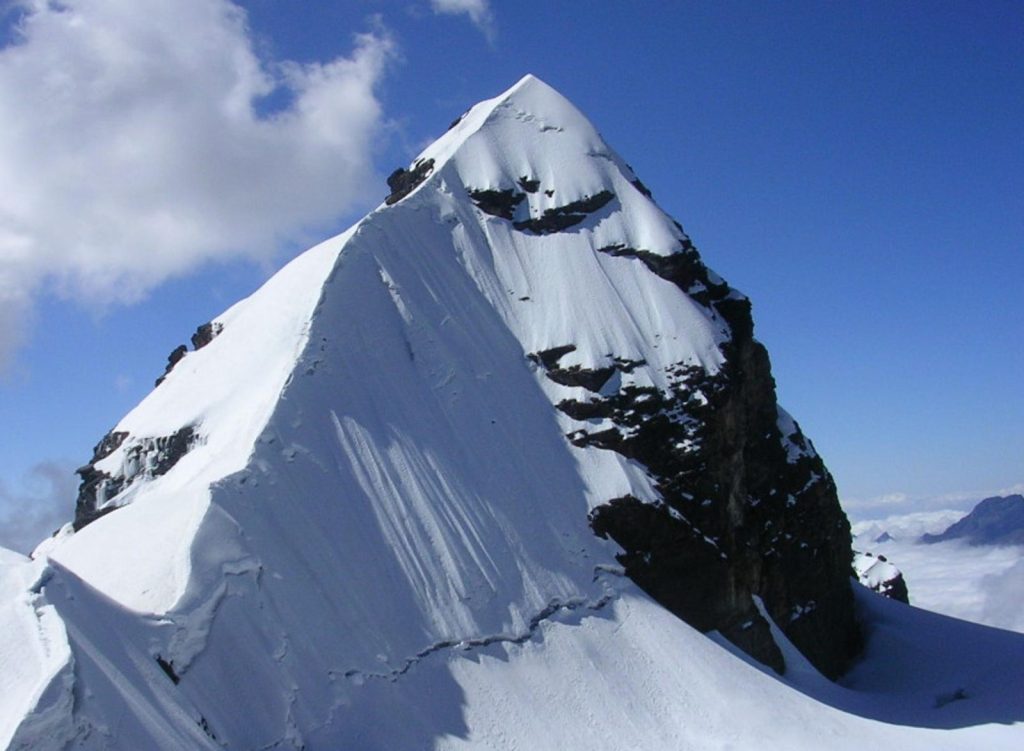
Each climb has a list of gear required for your expedition. Understanding how to use this gear and field testing it prior to bringing it on a climb in the Andes is extremely important. Understand how to fit your different parts of kit, such as your pack, sleeping bag, crampons, and shoes. Many gear shops have good return policies and most gear companies stand behind their products. Try these types of shops for peace of mind.
As mentioned before, Adventure Alternative aims to keep everyone in a climbing team properly acclimatized. We recommend staying properly hydrated. Drink significantly more than you need, especially in dry or cold conditions. A good rule of thumb is to drink double what you think you need, especially above 3000m. Altitude tends to cause appetite suppression, so be sure to eat at every meal in order to replenish your energy level. Bring a tasty treat from home for a day when nothing looks good. This is not only a great way to give yourself some much-needed calories, but it’s a fun way to share something from your home country with other climbers on the mountain.
Sleep can be hard to come by at altitude. To battle this and other altitude symptoms, we recommend you walk higher than you sleep that day. Once you have set up your camp go for a short walk to a point higher than the camp so you can acclimatize faster.
Aconcagua Information
General Argentina Information
Further Information
Frequently Asked Questions
Book Your Adventure of a Lifetime Now
Discover our trips to other Countries
Our Argentina Posts
We’re dedicated to helping you make the most of your next adventure trekking holiday. That’s why we’ve created our travel blog full of in-depth trekking guides, travel inspiration and other fantastic information. Having done all of these climbs many times already, we want to pass on our wealth of trekking wisdom to you.

